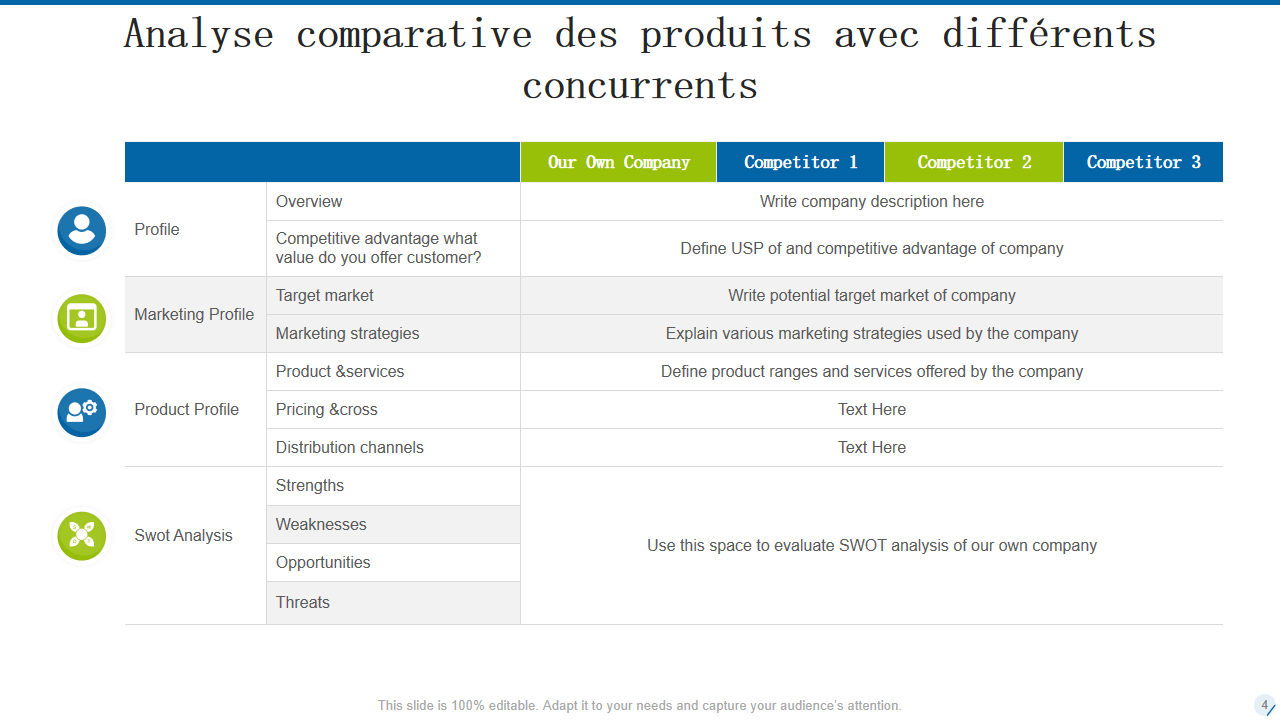Black Mirror On Netflix: 5 Real-World Parallels To The Show's Visions

Table of Contents
The Societal Impact of Social Media (and the "Nosedive" Effect)
The curated online persona and the pressure to conform.
The Black Mirror episode "Nosedive" depicts a society obsessed with maintaining a high social credit score, directly impacting their social standing and opportunities. This dystopian vision eerily mirrors the real-world pressures of social media platforms like Instagram and Facebook.
- The "Nosedive" Effect: The constant need to curate a perfect online persona, presenting only the most positive and appealing aspects of our lives, is a common experience. This pressure to conform to unrealistic social standards can lead to anxiety, depression, and feelings of inadequacy.
- Online Reviews and Ratings: The episode's social credit system parallels the increasing reliance on online reviews and ratings, which can significantly impact individuals and businesses. A single negative review can have devastating consequences.
- Cyberbullying and Online Harassment: The consequences of online bullying and cyberstalking, often amplified by social media's reach, are a stark reminder of the potential for harm within these digital spaces. Studies consistently link cyberbullying to increased rates of depression, anxiety, and even suicide. For instance, a 2021 study published in JAMA Pediatrics found a strong correlation between social media use and increased rates of depression and anxiety in adolescents.
Surveillance and Privacy Concerns in a Data-Driven World ("White Bear" & "White Christmas")
The erosion of privacy through mass surveillance and data collection.
Episodes like "White Bear" and "White Christmas" vividly portray the chilling consequences of mass surveillance and the erosion of individual privacy. These narratives find disturbing echoes in our own world.
- Facial Recognition Technology: The real-world implementation of facial recognition technology raises significant ethical concerns about potential misuse and abuse by governments and corporations. The lack of regulation and oversight creates a vulnerability to privacy violations.
- Data Collection by Tech Companies and Governments: Tech companies and governments collect vast amounts of personal data, often without informed consent. This data is used for targeted advertising, surveillance, and other purposes, raising questions about transparency and accountability.
- Data Breaches and Their Impact: The increasing frequency of data breaches highlights the vulnerability of personal information in the digital age, resulting in identity theft, financial loss, and reputational damage. This underscores the importance of robust cybersecurity measures and data protection regulations.
The Ethics of Artificial Intelligence and Autonomous Systems ("Metalhead" & "Be Right Back")
The potential dangers and ethical dilemmas surrounding AI development.
Black Mirror explores the ethical dilemmas inherent in rapidly advancing AI technology, particularly concerning autonomous systems and artificial companions.
- AI Weaponry: The robotic dogs in "Metalhead" symbolize the potential dangers of advanced AI weaponry and the ethical concerns surrounding autonomous killing machines. The development of lethal autonomous weapons systems (LAWS) is a pressing issue demanding international regulation.
- Artificial Companions: "Be Right Back" explores the emotional complexities and ethical considerations surrounding the creation of artificial companions. The blurring lines between human connection and artificial intelligence raise profound questions about relationships, grief, and identity.
- Job Displacement and Automation: The rise of AI and automation poses a significant threat of job displacement across various sectors, requiring proactive measures to address the social and economic consequences.
Technological Dependence and the Loss of Human Connection ("Disconnected" & "Playtest")
The impact of technology on human relationships and mental well-being.
Episodes like "Disconnected" and "Playtest" highlight the potential for technology to isolate individuals and erode meaningful human connection.
- Excessive Screen Time and Addiction: The real-world effects of excessive screen time and social media addiction are well-documented, leading to mental health issues, strained relationships, and a diminished sense of well-being. Studies show a correlation between increased social media usage and reduced face-to-face social interaction.
- Impact on Communication Skills: Over-reliance on technology can negatively impact face-to-face communication skills and the ability to form genuine connections. The nuances of human interaction can be lost in the digital realm.
- Rising Loneliness and Isolation: In an increasingly connected world, paradoxically, loneliness and social isolation are on the rise. This underscores the importance of fostering genuine human connection alongside technological advancements.
The Manipulation of Information and the Spread of Misinformation ("The Waldo Moment" & "The Entire History of You")
The power of media and technology to control narratives and manipulate public opinion.
Black Mirror often examines the manipulation of information and the spread of misinformation, highlighting the power of media and technology to shape public perception.
- Political Satire and Current Events: Episodes like "The Waldo Moment" offer a chilling commentary on the manipulation of political narratives and the influence of social media on elections. The rise of populism and the spread of disinformation demonstrate the unsettling realism of the show's vision.
- Memory Recording Technology and Privacy: "The Entire History of You" explores the implications of memory recording technology, raising concerns about privacy, accountability, and the manipulation of memories. The potential for misuse of such technology necessitates careful consideration of its ethical and societal implications.
- Combating Disinformation: The spread of fake news and misinformation through social media platforms presents a significant challenge in the digital age. Developing media literacy skills and promoting critical thinking are crucial in combating disinformation and propaganda.
Conclusion
Black Mirror on Netflix serves as a powerful reflection of our evolving relationship with technology. The five real-world parallels explored above – the societal impact of social media, surveillance concerns, ethical questions surrounding AI, the erosion of human connection, and the manipulation of information – highlight the show's uncanny ability to anticipate and expose the potential pitfalls of unchecked technological advancement. It's not just entertainment; it's a potent call for critical reflection and responsible innovation. Have you noticed any other chilling parallels between Black Mirror on Netflix and our current reality? Share your thoughts in the comments below!

Featured Posts
-
 Sanofi Sous Evalue Analyse Comparative Des Laboratoires Europeens
May 31, 2025
Sanofi Sous Evalue Analyse Comparative Des Laboratoires Europeens
May 31, 2025 -
 Cycle News Magazine 2025 Issue 12 Your Guide To The Latest Cycling Trends
May 31, 2025
Cycle News Magazine 2025 Issue 12 Your Guide To The Latest Cycling Trends
May 31, 2025 -
 Rogart Veterinary Clinic Relocates To Tain After Fire Damage
May 31, 2025
Rogart Veterinary Clinic Relocates To Tain After Fire Damage
May 31, 2025 -
 Is America Losing Its Military Edge Chinas Military Modernization
May 31, 2025
Is America Losing Its Military Edge Chinas Military Modernization
May 31, 2025 -
 Tavaszias Meleg Es Hullamzo Csapadek Belfoeldi Idojaras Jelentes
May 31, 2025
Tavaszias Meleg Es Hullamzo Csapadek Belfoeldi Idojaras Jelentes
May 31, 2025
